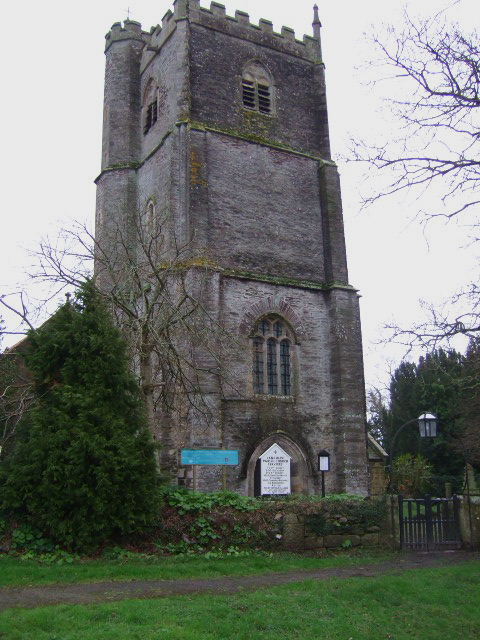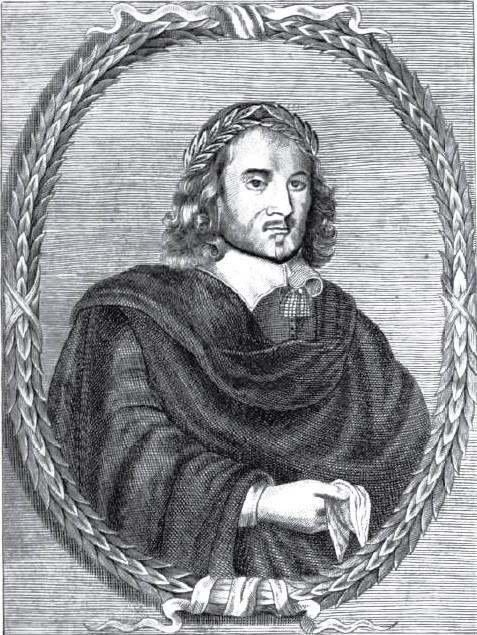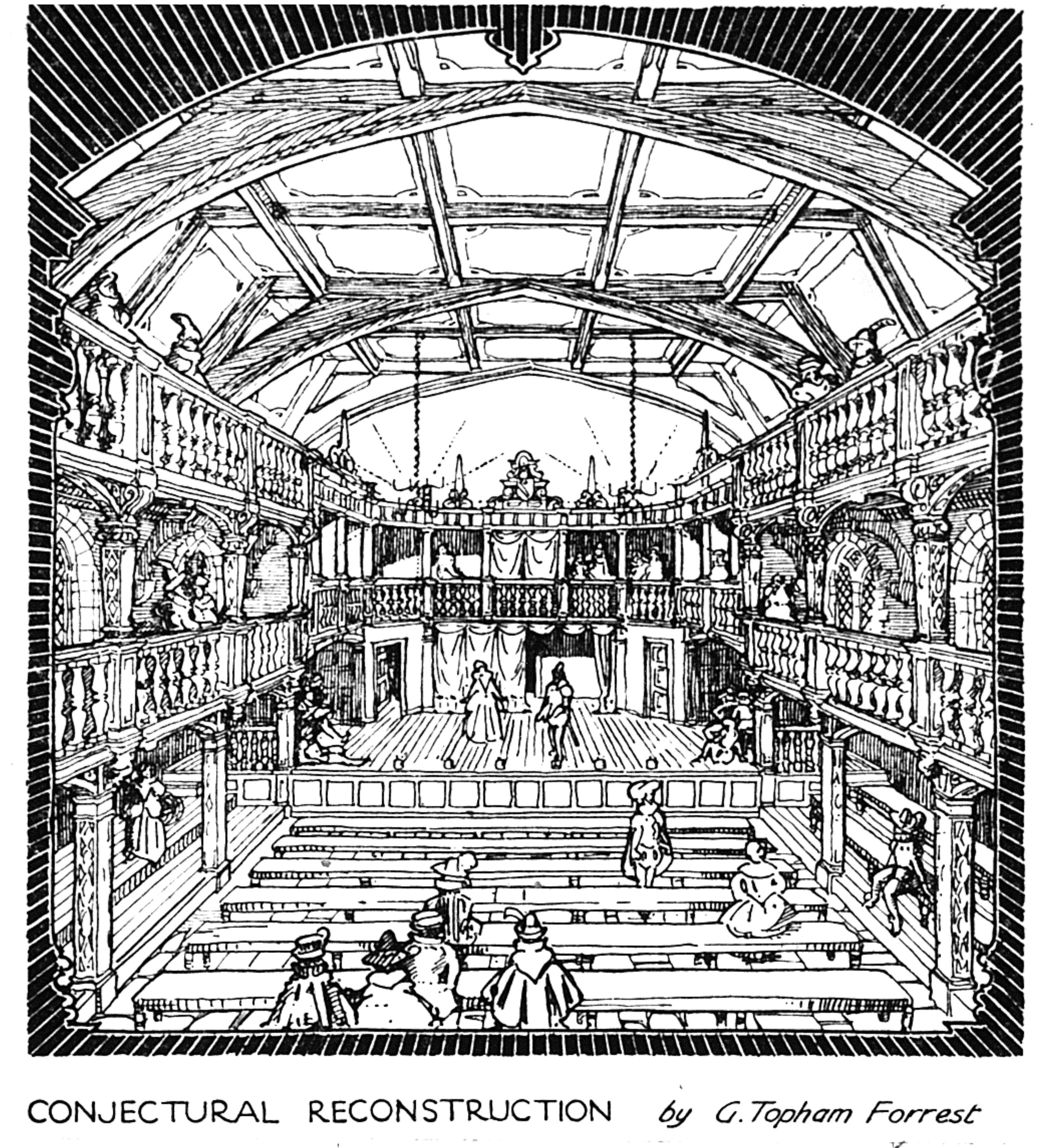|
1607 In Literature
This article contains information about the literary events and publications of 1607. Events *January 22 – Shortly before his death, bookseller Cuthbert Burby transfers the rights to print the text of ''The Taming of the Shrew'' to Nicholas Ling. *February 2 – The King's Men (playing company), King's Men perform Barnabe Barnes, Barnes's ''The Devil's Charter'' at the English Court. *June 5 – Physician John Hall (physician), John Hall marries Susanna Hall, Susanna, daughter of William Shakespeare. *September 5 – ''Hamlet'' is performed aboard the Honourable East India Company, East India Company ship ''Red Dragon'', under the command of Captain William Keeling, anchored off the coast of Sierra Leone, the first known performance of a Shakespeare play outside England in English, and the first by amateurs. *September 30 – ''Richard II (play), Richard II'' is performed aboard the ''Dragon''. *''unknown dates'' **First performance of the first wholly Parody, parodic play i ... [...More Info...] [...Related Items...] OR: [Wikipedia] [Google] [Baidu] |
September 30
Events Pre-1600 * 489 – The Ostrogoths under Theoderic the Great defeat the forces of Odoacer for the second time. * 737 – The Turgesh drive back an Umayyad invasion of Khuttal, follow them south of the Oxus, and capture their baggage train. * 1139 – A magnitude 7.7 earthquake strikes the Caucasus mountains in the Seljuk Empire, causing mass destruction and killing up to 300,000 people. * 1342 – Battle of Morlaix in the Hundred Years' War * 1399 – Henry IV is proclaimed king of England. * 1520 – Suleiman the Magnificent is proclaimed sultan of the Ottoman Empire. * 1541 – Spanish conquistador Hernando de Soto and his forces enter Tula territory in present-day western Arkansas, encountering fierce resistance. * 1551 – A coup by the military establishment of Japan's Ōuchi clan forces their lord to commit suicide, and their city is burned. 1601–1900 * 1736 – The Lebanese Council of 1736 begins, a major turning p ... [...More Info...] [...Related Items...] OR: [Wikipedia] [Google] [Baidu] |
British House Of Commons
The House of Commons is the lower house of the Parliament of the United Kingdom. Like the upper house, the House of Lords, it meets in the Palace of Westminster in London, England. The House of Commons is an elected body consisting of 650 members known as members of Parliament (MPs), who are elected to represent constituencies by the first-past-the-post system and hold their seats until Parliament is dissolved. The House of Commons of England began to evolve in the 13th and 14th centuries. In 1707 it became the House of Commons of Great Britain after the political union with Scotland, and from 1801 it also became the House of Commons for Ireland after the political union of Great Britain and Ireland. In 1922, the body became the House of Commons of the United Kingdom of Great Britain and Northern Ireland after the independence of the Irish Free State. Under the Parliament Acts 1911 and 1949, the Lords' power to reject legislation was reduced to a delaying power. The gove ... [...More Info...] [...Related Items...] OR: [Wikipedia] [Google] [Baidu] |
John Cowell (jurist)
John Cowell (1554 – 11 October 1611) was an English jurist. Life Born at Ernesborough (now Irishborough), in the parish of Swimbridge in North Devon. He was a chorister in the Choir of King's College, Cambridge and was then educated at Eton College before returning as a scholar at King's College, Cambridge, where he was elected a fellow. In 1594 he became Regius Professor of Civil Law at Cambridge, and in 1598 master of Trinity Hall, Cambridge. He died at Oxford on 11 October 1611, soon after being released from prison, and was buried in Trinity Hall Chapel, Cambridge. Works In 1607, he compiled a law dictionary, ''The Interpreter'', in which he exalted the king's prerogative; he was prosecuted before the House of Commons by Sir Edward Coke, who had a hostile history with Cowell. He was saved from imprisonment only by the interposition of James I. His book was burnt by order of the House of Commons. The suppression order read in part: :''When Men goe out of their Element, ... [...More Info...] [...Related Items...] OR: [Wikipedia] [Google] [Baidu] |
William Alabaster
William Alabaster (also Alablaster, Arblastier) (27 February 1567buried 28 April 1640) was an English Neo-Latin poet, playwright, and religious writer. Alabaster became a Roman Catholic convert in Spain when on a diplomatic mission as chaplain. His religious beliefs led him to be imprisoned several times; eventually he gave up Catholicism, and was favoured by James I. He received a prebend in St Paul's Cathedral, London, and the living of Therfield, Hertfordshire. He died at Little Shelford, Cambridgeshire. Biography Alabaster was born at Hadleigh, Suffolk, the son of Roger Alabaster of the Puritan cloth merchant family long settled there, and Bridget Winthrop of Groton, Suffolk.; Through his mother, Alabaster was the first cousin of John Winthrop, the future Governor of Massachusetts Bay Colony.Louise Imogen Guiney (1939), ''The Recusant Poets: With a Selection from their Work: From Thomas More to Ben Jonson'', Sheed & Ward. Page 335. According to Fr. John Gerard, ... [...More Info...] [...Related Items...] OR: [Wikipedia] [Google] [Baidu] |
The Family Of Love (play)
''The Family of Love'' is an early Literature in English#Jacobean literature, Jacobean stage play, first published in 1608. The play is a satire on the ''Familia Caritatis'' or "Family of Love," the religious sect founded by Henry Nicholis in the 16th century. The play's date is uncertain; it is most commonly assigned to 1602–7. The play was entered into the Stationers' Register on 12 Oct, 1607, as a play acted by the King's Revels Children, a company of boy player, boy actors founded around that time. It was published in book size, quarto in 1608 by the bookseller John Helmes, with printing by Richard Braddock. Authorship Though the play was printed anonymously, many scholars have attributed it to Thomas Middleton and Thomas Dekker (writer), Thomas Dekker. The play's authorship is complex; one scholar, Gerald J. Eberle, argued that the comedy displays "several strata of composition," and is "a revision by Dekker and Middleton of an early play written by Middleton and Dekker." ... [...More Info...] [...Related Items...] OR: [Wikipedia] [Google] [Baidu] |
Thomas Middleton
Thomas Middleton (baptised 18 April 1580 – July 1627; also spelt ''Midleton'') was an English Jacobean playwright and poet. He, with John Fletcher and Ben Jonson, was among the most successful and prolific of playwrights at work in the Jacobean period, and among the few to gain equal success in comedy and tragedy. He was also a prolific writer of masques and pageants. Life Middleton was born in London and baptised on 18 April 1580. He was the son of a bricklayer, who had raised himself to the status of a gentleman and owned property adjoining the Curtain Theatre in Shoreditch. Middleton was five when his father died and his mother's subsequent remarriage dissolved into a 15-year battle over the inheritance of Thomas and his younger sister – an experience that informed him about the legal system and may have incited his repeated satire against the legal profession. Middleton attended The Queen's College, Oxford, matriculating in 1598, but he did not graduate. Before h ... [...More Info...] [...Related Items...] OR: [Wikipedia] [Google] [Baidu] |
Cupid's Whirligig
''Cupid's Whirligig'', by Edward Sharpham (1576-1608), is a city comedy set in London about a husband that suspects his wife of having affairs with other men and is consumed with irrational jealousy. It was first published in quarto in 1607, entered in the Stationer's Register with the name "A Comedie called Cupids Whirlegigge." It was performed that year by the Children of the King's Revels in the Whitefriars Theatre (a private theatre) where Ben Jonson's Epicene was also said to have been performed. It was again published in 1611, 1616 and 1630, each with an epistle to Robert Hayman before the play, however, the only other record of it being performed is an amateur performance by apprentices at Oxford on 26 December 1631. Its authorship was not known until 1812, when scholars connected it to Edward Sharpham's other play, ''The Fleire'', written on 13 May 1606. Character List * Sir Timothy Troublesome ''- A jealous Knight'' * The Lady Troublesome ''- The jeal ... [...More Info...] [...Related Items...] OR: [Wikipedia] [Google] [Baidu] |
Edward Sharpham
Edward Sharpham (baptised 1576 – 1608) was an English playwright and pamphleteer. Life He was baptised on 22 July 1576, the third son of Richard Sharpham of Colehanger, a manor in the parish of East Allington. His father having died when Sharpham was five his mother married Alexander Hext, with whom she had three children. Having been widowed a second time in 1588, she subsequently married Charles Barnaby of Clement's Inn. Sharpham probably attended grammar school in Devon, possibly William Kemp's school in Plymouth. He was admitted to the Middle Temple on 9 October 1594. In 1592 Sharpham's mother began a lawsuit against a Thomas Fortescue, alleging he had murdered her first husband by poison and also used witchcraft to make her fall in love with him. Four years later Sharpham himself also sued Fortescue and another man, William Bastard, on a charge of having tampered with evidence relating to his mother's suit. He remained associated with the Middle Temple. On 22 April 16 ... [...More Info...] [...Related Items...] OR: [Wikipedia] [Google] [Baidu] |
King's Revels Children
The King's Revels Children or Children of the King's Revels were a troupe of actors, or playing company, in Jacobean era London London is the Capital city, capital and List of urban areas in the United Kingdom, largest city of both England and the United Kingdom, with a population of in . London metropolitan area, Its wider metropolitan area is the largest in Wester ..., active in the 1607-9 period. They were part of a fashion for child actors that peaked in the first decade of the seventeenth century, with the Children of Paul's and the Children of the Chapel. The King's Revels Children are sometimes called the King's Revels Company, though this title leaves them liable to be confused with a similarly named troupe, primarily of adult actors, most active in the years around 1630. To avoid this confusion, some scholars prefer to identify the early company specifically as a company of children, and to call the later group the King's Revels Men.Gurr, p. 232. The King' ... [...More Info...] [...Related Items...] OR: [Wikipedia] [Google] [Baidu] |
Blackfriars Theatre
Blackfriars Theatre was the name given to two separate theatres located in the former Blackfriars Dominican priory in the City of London during the Renaissance. The first theatre began as a venue for the Children of the Chapel Royal, child actors associated with the Queen's chapel choirs, and who from 1576 to 1584 staged plays in the vast hall of the former monastery. The second theatre dates from the purchase of the upper part of the priory and another building by James Burbage in 1596, which included the Parliament Chamber on the upper floor that was converted into the playhouse. The Children of the Chapel played in the theatre beginning in the autumn of 1600 until the King's Men took over in 1608. They successfully used it as their winter playhouse until all the theatres were closed in 1642 when the English Civil War began. In 1666, the entire area was destroyed in the Great Fire of London. First theatre Blackfriars Theatre was built on the grounds of the former Do ... [...More Info...] [...Related Items...] OR: [Wikipedia] [Google] [Baidu] |
The Knight Of The Burning Pestle
''The Knight of the Burning Pestle'' is a play in five acts by Francis Beaumont, first performed at Blackfriars Theatre in 1607 and published in a book size, quarto in 1613. It is the earliest whole parody (or pastiche) play in English. The play is a satire on romance (poetry), chivalric romances in general, similar to ''Don Quixote'', and a parody of Thomas Heywood's ''The Four Prentices of London'' and Thomas Dekker (poet), Thomas Dekker's ''The Shoemaker's Holiday''. It breaks the fourth wall from its outset. Text It is most likely that the play was written for the child actors at Blackfriars Theatre, where John Marston (poet), John Marston had previously had plays produced. In addition to the textual history testifying to a Blackfriars origin, there are multiple references within the text to Marston, to the actors as children (notably from the Citizen's Wife, who seems to recognise the actors from their school), and other indications that the performance took place in a ho ... [...More Info...] [...Related Items...] OR: [Wikipedia] [Google] [Baidu] |




